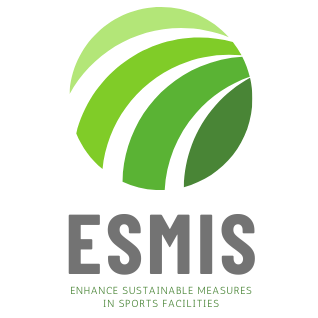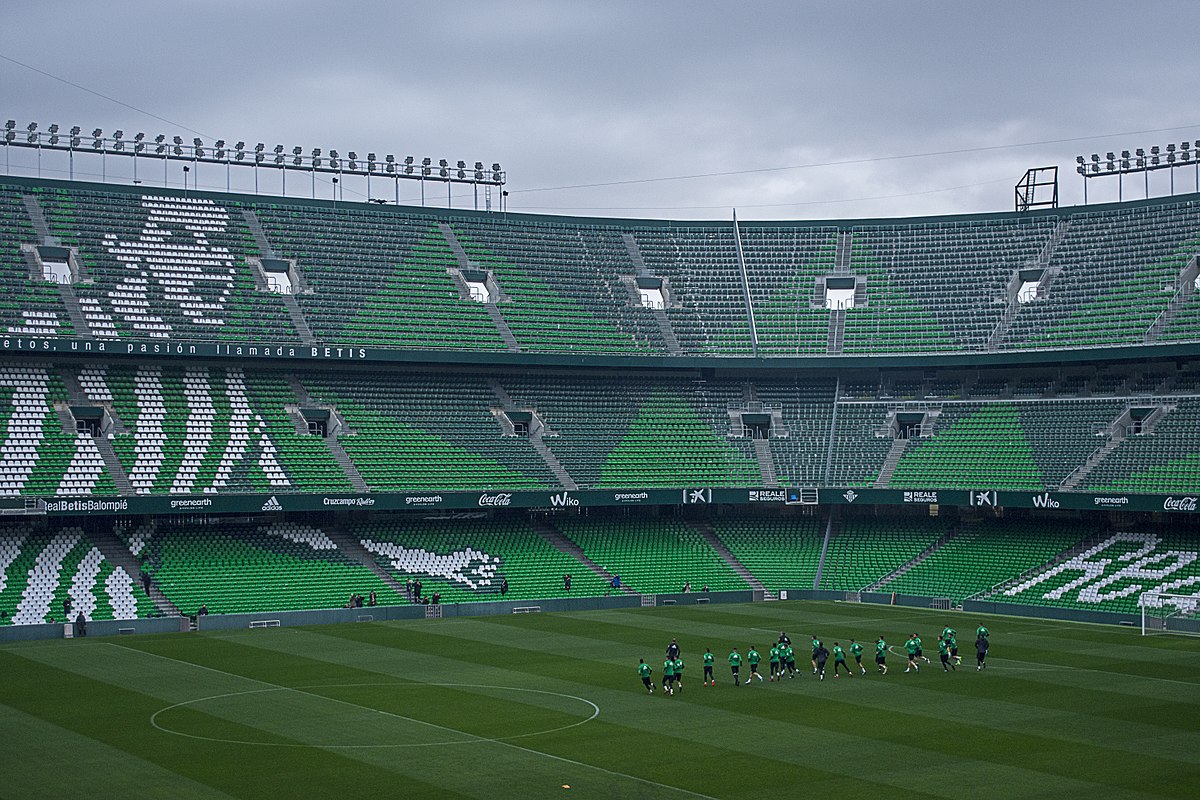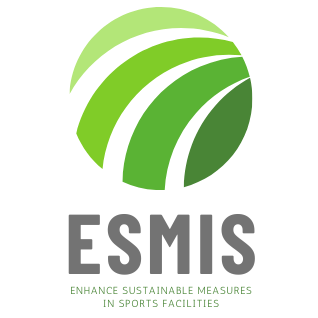

No
Estadio Benito Villamarín is a stadium in Seville, Spain, and the home of Real Betis since its completion in 1929. It has a capacity of 60,721. It has been expanded in 1982, 2000 and 2007
Interdisciplinary Sustainability Committee: Real Betis formed a Sustainability Committee with members from various departments to coordinate efforts and develop eco-friendly initiatives.
Partnerships and Actions:
In its first year, the club partnered with over 50 organizations on 50+ sustainability projects.
Recognition and Global Reach:
Real Betis showcased Forever Green at COP26 in Glasgow. Its sustainability efforts have reached 50 nations, generating over one billion online impressions.
Net Zero Ambition:
The club aims for net zero emissions by 2040, 10 years ahead of Paris Climate Agreement goals. It has measured its carbon footprint for three seasons, offset emissions, and promoted sustainable transport. A partnership with Lime saved 4,200 car trips.
Recycling and Education:
Real Betis runs recycling campaigns focused on youth teams and the community to promote sustainable habits.
Protecting Nature:
Forever Green volunteers clean the Guadalquivir River, maintain an urban orchard in underprivileged areas, and fund reforestation projects in Spain and beyond.
Eco-Criteria for Suppliers:
The club requires suppliers to meet environmental and human rights standards.
Sustainable Football Complex:
Real Betis plans to build the world's most sustainable training complex.
Process innovation
€
None
1) The initiative directly contributes to sustainability by reducing carbon emissions, promoting recycling, and protecting natural spaces through cleanups and reforestation projects.
2) By leveraging football’s massive reach, Forever Green spreads environmental awareness to a vast audience, inspiring stakeholders to adopt greener practices.
3)The introduction of "eco-criteria" for suppliers ensures that sustainability is integrated into the club’s operations.
1)Large-scale sustainability initiatives require significant resources, coordination, and cooperation from multiple stakeholders, making execution complex.
2)Sustainability projects, such as building an eco-friendly football complex, require substantial investment.
3)While the initiative is effective at a club level, its broader impact on global climate change remains difficult to measure, and ensuring long-term commitment from all stakeholders can be challenging.
| Indicator | Value |
|---|---|
| Visits per year | 500 000 |
| Water Consumption (m³/visit) | |
| Primary energy Usage per year (kWh/m2) | |
| Water Saving (%) | |
| Energy Saving (%) | |
| Waste and Resource Saving (%) |
As part of its climate change commitments, Real Betis announced the ambition to go net zero by 2040, 10 years ahead of the Paris Climate Agreement goals. T

Last update: 3 de marzo de 2025 a las 17:35